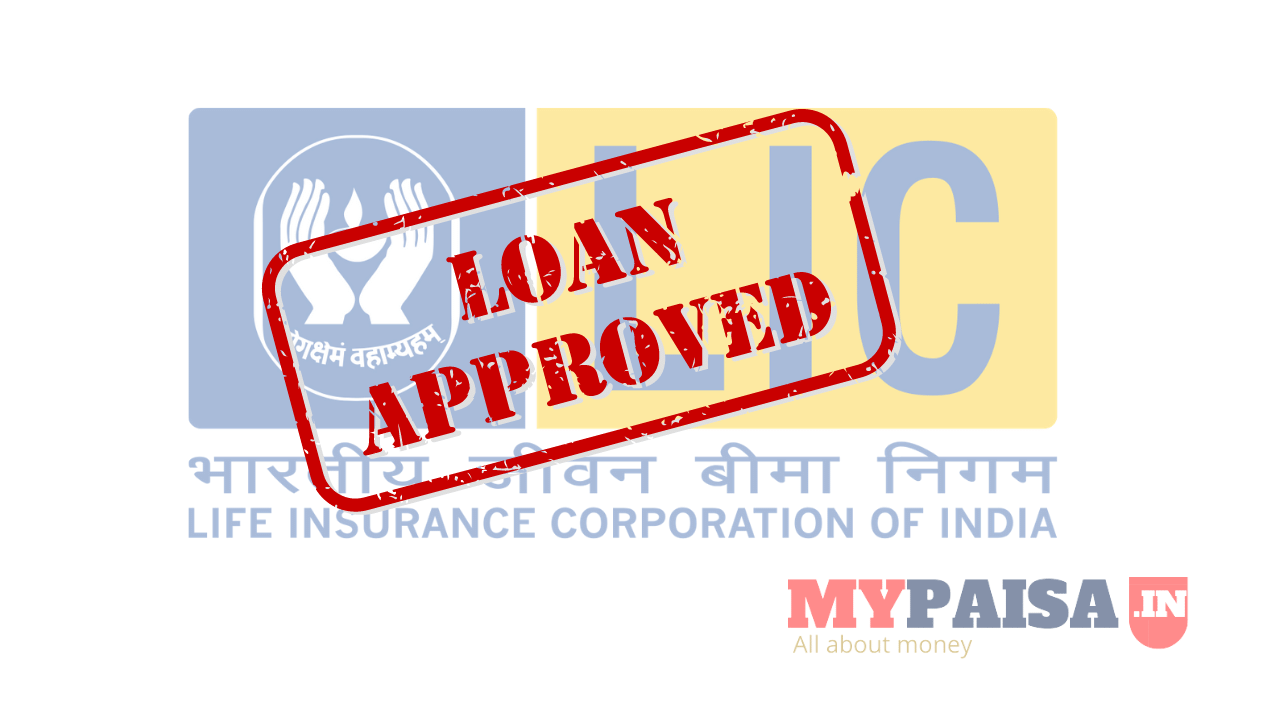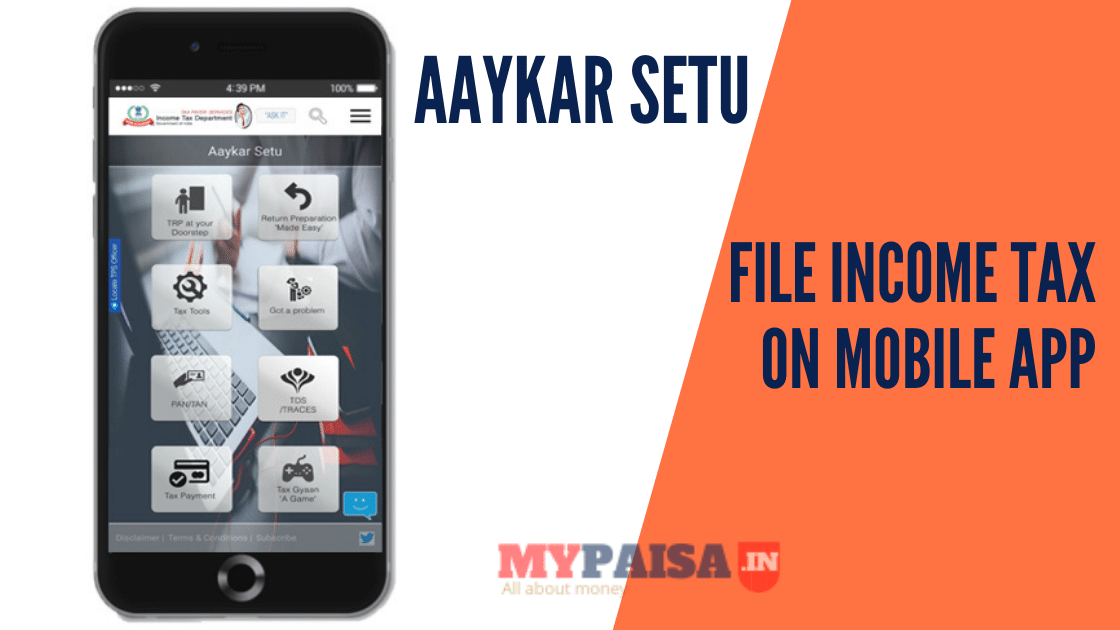Whether you are a salaried person or a businessman tax is a big problem that everybody tries to save.
So today I am going to unveil some facts about how to invest your money in various schemes for saving tax in India.
I am going to keep some such schemes in front of you which can prove to be very helpful in saving your tax.
Life insurance
In India Life Insurance is one of the most important and oldest of all investment methods. Buying life insurance for your tax savings can prove to be a very good way. If you are thinking about life insurance then you should also know that life insurances are of many types such as money back plans, ULIP plans, and term insurance plans.
You get tax benefit on the amount of money you invest in life insurance under section 80 C of income tax. Also, If you have taken a money-back plan then the return provided is also tax-free.
Public Provident Fund (PPF)
This can be a very golden way for those who want to avoid tax deduction. Investing under this scheme you get tax benefit under section 80C and you also get the interest of that amount too. Before investing in this plan, you should know that this plan required a very long-term period that is fifteen years. In which the liquidity is also not very easy.
Equity Linked Savings Scheme (ELSS Fund)
These are types of mutual funds which are used mostly for tax saving. But you should remember that such investments sometimes have a lock-in period of three years.
And don’t keep any doubt in your mind. If you are thinking that you will invest in SIP monthly and withdraw it after three years then you are wrong. The SIP of each month is treated as a new investment and you can only withdraw it after three years of its completion. Under this fund, you can also save your tax under Section 80C
Keeping an eye on such investment, it would not be wrong to say that after three years you will come with a positive return.
Before investing in this type of fund, you should consider your time limit above seven years or you can see the condition of a negative earning.
Employee Provident Fund (EPF)
This is also a method of indirect savings scheme under which 12% salaries of the employees are deducted and paid into this scheme. Apart from 12% your employer also contributes 3.67% and deposits it in your PF and the rest of 8.33% is deposited to your Employee Pension Scheme.
Taxes under the Income Tax act 80C are applicable on the amount provided in this fund.
Earlier, the limit for this fund was Rs.6500, which has now been increased to Rs.15000, which means that you can save up to Rs.15,000/- every month in this fund. This scheme saves your tax and saves money too.
Senior Citizen Savings Scheme
This scheme does not apply to everyone as named. it only exists for senior citizens. Under this scheme, any senior citizen can invest up to 15 lakh rupees. There is no tax under Section 80c of the Income Tax section above the amount invested in this scheme.
But before depositing any amount in this scheme you should know that, whatever interest you get from it, it will be taxable.
National Savings Certificate or Bank FD
This is also a very old and popular way of saving in India, under which you can fix your money amount for five years or ten years and you can avail of the interest you get on it.
Yes, but you have to remember that you will definitely be a tax imposed on interest earned here.
Conclusion
All of the above options have some positive points and there are some negative points. Now you have to decide what you want to do, as I would like to tell you that you should not just think about tax saving as well as your future financial needs. Also, if the tax-saving schemes are helping in the fulfillment of your future financial needs, then you are in the right direction otherwise you should find another option.
Tags: investmenttax benefits





AM A SR CITIZEN. INTERESTED IN SR CITIZEN SAVINGS SCHEME. PLEASE WRITE IN DETAILS.
Good knowledge about Tax Saving